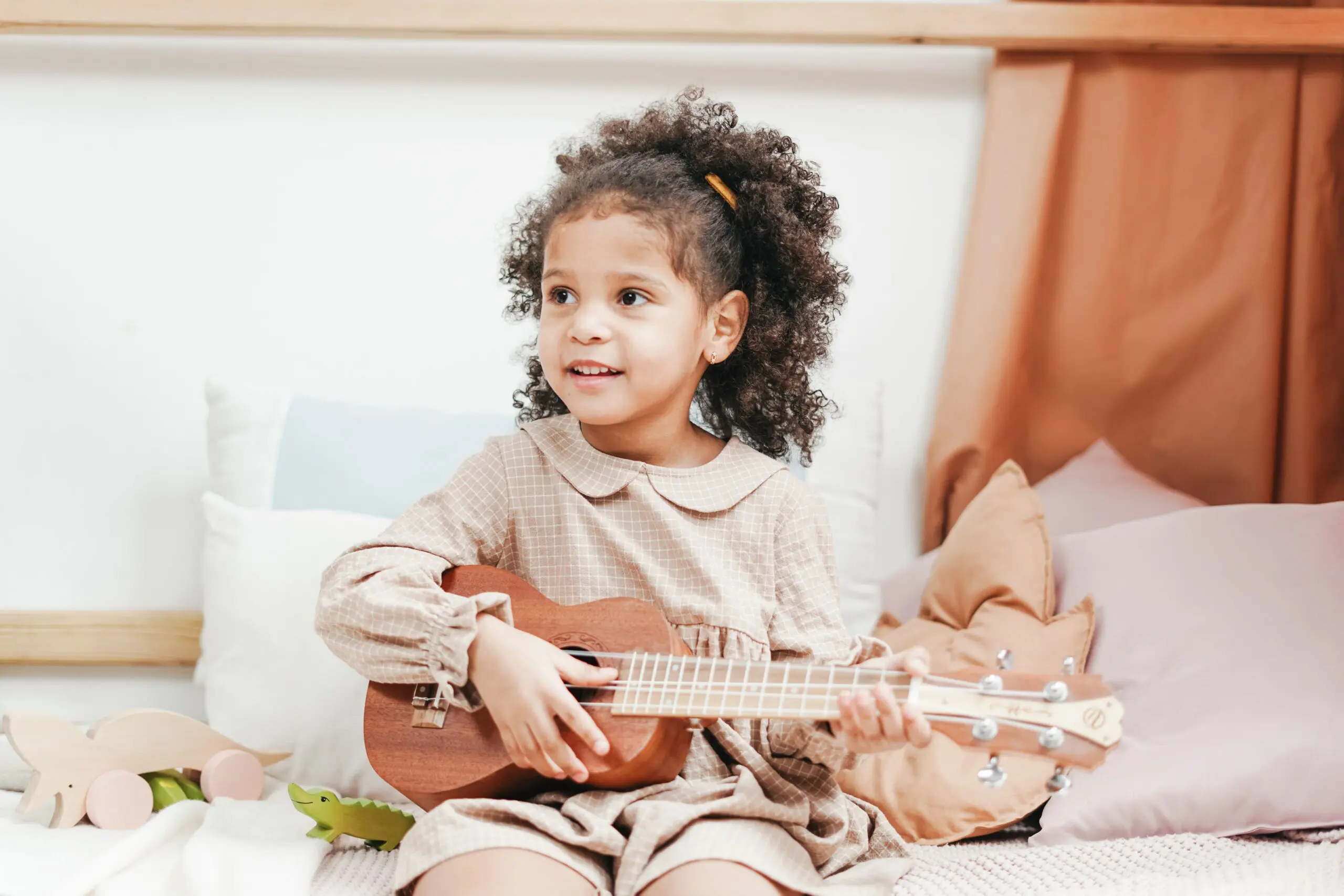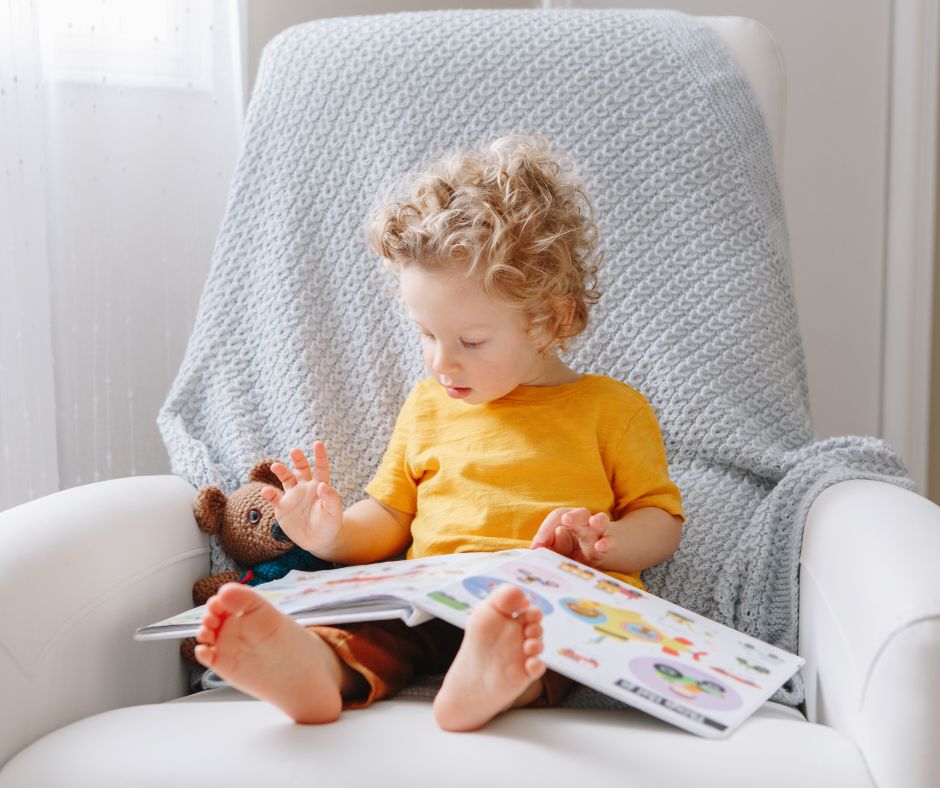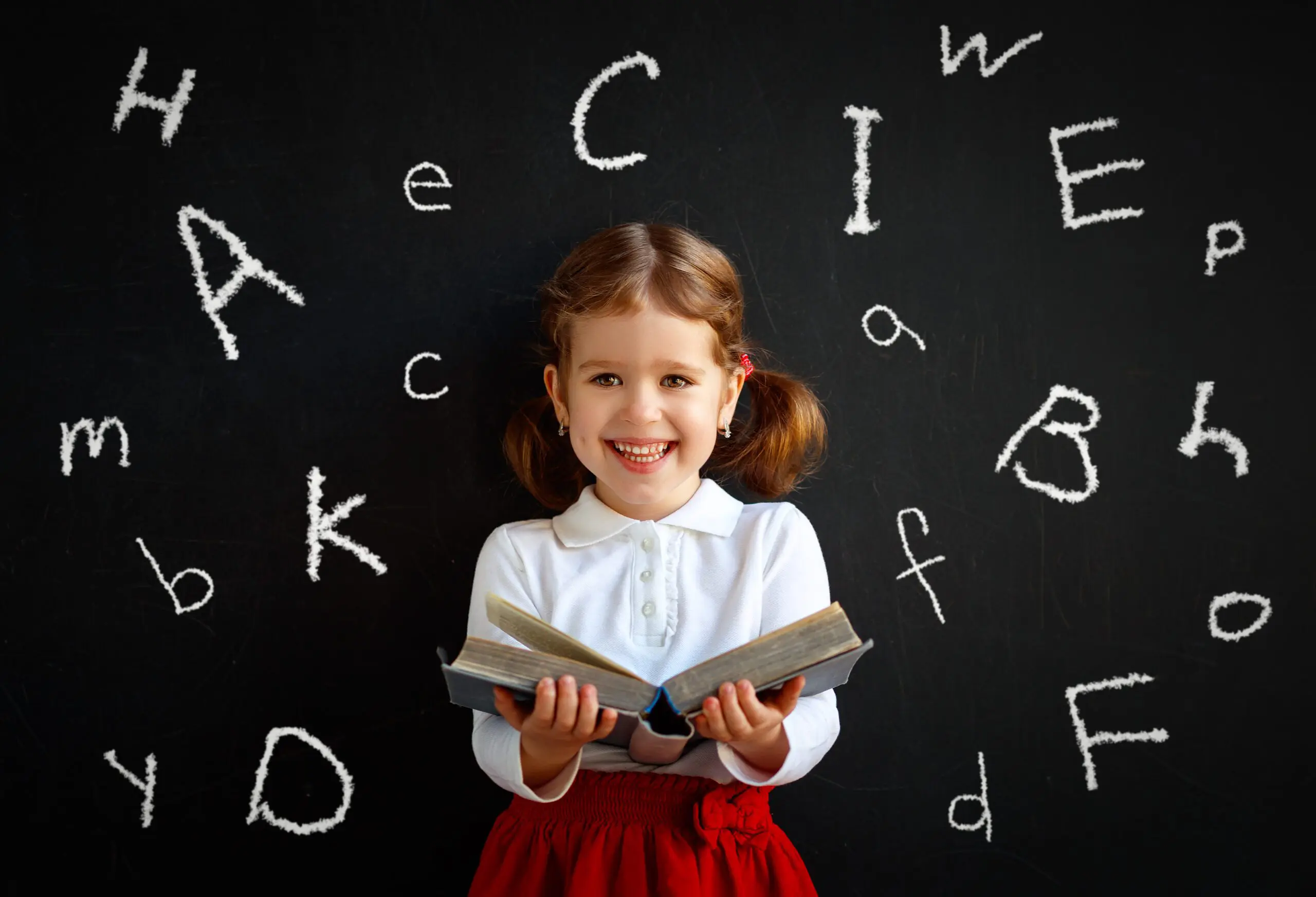Are you in quest of finding the best Pre K programs near me? Choosing the right pre-kindergarten program is crucial to preparing your child for kindergarten.
As a parent, you want to ensure your child’s care center meets safety standards, provides nurturing attention, and supports their development. You want to meticulously research childcare options to find a program that meets these standards. During these early years, you make sure they actively support your child’s physical, cognitive, social, and emotional development.
This blog will explore what defines quality pre k programs and what should parents look for when searching for the best Pre K programs near me
What is Pre K?
Pre k refers to pre-kindergarten educational programs for children the year before they enter kindergarten, typically ages 4-5. These programs build school readiness through activities that promote early math, language, literacy, critical thinking, and social skills. Play-based learning with structured circle times and lessons sets the foundation for socialization and independence needed in elementary school. The best pre k near me will fully prepare my child for the transition to kindergarten.
Average Cost of Pre K Programs
Like other childcare programs, pre k program costs vary based on whether they are state, private, or independently operated. Public pre k funded by states or Head Start averages $0 to $3,500 annually. Privately-run pre ks average $4,000-$12,000 per year. When researching pre kindergarten near me, inquire about family discounts, financial assistance, or scholarships to offset costs. While not free, investment in early learning pays off long-term.
Finding The best Pre K programs near me
Great pre k programs exist in many forms, so cast a wide net in your search. Check with your local school district, as some elementaries now house pre ks. Search online directories for private and Montessori pre k listings. Ask other parents for recommendations of programs they love. Visit several to get a feel for teaching methods and environment. Look for pre kindergarten programs that balance play, social growth, and skill-building appropriate for your child’s age and development.
Indicators of Exceptional Pre Ks
There are key components that set truly exceptional pre k programs apart from the rest:
- Teacher degree/certification specific to early childhood
- Low student-to-teacher ratios (10 or fewer students per class)
- Hands-on learning through art, science, music, and movement
- Child-directed playtime and socialization
- Field trips and guest speakers
- Parent-teacher partnership and communication
- Kindergarten transition planning and support
The right pre k creates an engaging environment that prepares children socially, emotionally, and academically. Visit pre ks in person using these benchmarks to find the best fit.
Questions to Ask Potential Pre Ks
Interviewing prospective pre k’s provides insight into how they operate. Important questions to ask:
- What is the teacher-to-student ratio? Class size?
- What curriculum and teaching philosophy do you follow?
- What readiness skills and concepts do children learn?
- How do you support social-emotional development?
- How do you communicate with and involve parents?
- Do you provide transportation options?
- What safety and emergency procedures are in place?
- Is your program accredited? Licensed?
High quality pre k’s willingly share details on their teachers, facility, and curriculum. Visit classrooms to observe teacher engagement and child interaction firsthand. Let your child participate in an activity to gauge their connection with the environment.
Seeking Pre K Accreditation
In your pre K search, prioritize programs accredited by reputable early childhood organizations. Accreditation signifies a program meets elevated standards for teachers, relationships, curriculum, diversity, assessment, and health/safety. It requires regular self-study, evaluation, and improvement from pre ks. Accreditation is voluntary, so programs that pursue it demonstrate higher quality.
Top Reasons to Choose Pre K
While finding the right pre k takes effort, the following advantages make enrolling your child worthwhile:
Fosters Independence
Pre k teaches children self-help skills like dressing, lunch routines, and following directions to grow independence for kindergarten.
Develops Social Skills
Interaction with classmates, teachers, and visitors expands kids’ social skills through play, cooperation, and problem solving.
Builds Enthusiasm for Learning
Pre k’s stimulates minds through hands-on, multi-sensory activities that build enthusiasm for learning and school.
Instills Kindergarten Readiness
Age-appropriate pre k lessons in early literacy, math, science, and motor skills pave the way for kindergarten success.
An exceptional pre k program nurtures your children’s growth and joyfully prepares them to thrive in elementary school.
Questions for My Pre K Search
As you research pre k options, ask targeted questions to gather the key information you need:
- What is your teacher-to-student ratio?
- What curriculum and teaching philosophies shape your pre k program?
- Do you offer field trips, special activities, or visiting programs?
- How do you involve and communicate with parents?
- What credentials and training do your pre k teachers have?
- Are you nationally accredited? By whom?
- What school districts do your pre k students feed into?
- When are class times, and is transportation offered?
- What is tuition? Is there financial assistance available?
Find a pre k that welcomes your questions and wants to partner in your child’s success. Visit classrooms to envision your child immersed in the environment. Then, selecting the best pre k will be easy.
Trusting My Instincts
No checklist or advice can replace your intuition as a parent. The right pre k just “feels right” when you step inside. Watch your child light up with teachers who patiently engage their interests. Observe their excitement in exploring classrooms and materials.
The best pre k matches your child’s personality learning style and needs to tee them up for the challenge of kindergarten. Trust your instincts to determine the perfect pre k program for your aspiring student.
Why Choosing Children Central
For over twenty years, Children Central has provided exceptional pre k learning for children in . Our devoted teachers, hands-on curriculum, and compassionate approach have prepared hundreds of children to excel in elementary school. Visit our pre k classrooms to see how our students thrive.
Read testimonials from satisfied parents about the lasting impact of Children Central daycare Langhorne PA. To learn more, search for the term best Pre K programs near me in Google or call us. Don’t be late. Contact us today!
Frequently Asked Questions
1. What is pre k?
Pre k refers to pre-kindergarten educational programs for children the year before they enter kindergarten, typically ages 4-5. These programs build school readiness through activities that promote early math, language, literacy, critical thinking, and social skills. Play-based learning with structured circle times and lessons sets the foundation for socialization and independence needed in elementary school.
2. What is the average cost of pre k?
Like other childcare programs, pre k programs cost vary based on whether they are state, private, or independently operated. Public pre k funded by states or Head Start averages $0 to $3,500 annually, while privately-run pre ks average $4,000-$12,000 annually. When researching pre kindergarten near me, inquire about family discounts, financial assistance, or scholarships to offset costs.
3. What should I look for in a quality pre k?
Look for programs with teacher degree/certification specific to early childhood, low student-to-teacher ratios (10 or fewer students per class), hands-on learning through art/science/music/movement, child-directed playtime, and socialization, field trips, guest speakers, parent-teacher partnership and communication, and kindergarten transition planning and support.
4. How do I choose the right pre k for my child?
Visit pre k programs in person to get a feel for the environment, observe teacher interactions, and let your child participate in an activity to gauge their engagement and connection. Compare program elements that matter most to your family, like curriculum, safety, communication practices, and logistics. Trust your parental instincts on the overall feel of the best fit.
5. Why should I send my child to pre k?
Pre k fosters key developmental skills like independence through self-help skill building, socialization through peer interaction, enthusiasm for learning through hands-on activities, and kindergarten readiness across academic subjects, motor skills, and social-emotional development.
6. What questions should I ask when touring pre k programs?
Important questions to ask prospective pre k’s include teacher-to-student ratios, class sizes, curriculum approach, how they support social-emotional growth, communication practices with parents, safety and emergency procedures, accreditation status, transportation options, and tuition costs. High quality pre k’s willingly share details.
7. How do I know if my child is ready for pre k?
Signs of pre k readiness include interest in learning new things and exploring, ability to follow classroom routines and directions, communicate needs and wants, play cooperatively with other children, and separate from parents comfortably in a classroom setting.
8. Should my child repeat pre k or go straight to kindergarten?
Most children only complete one year of pre k, but evaluate your individual child’s maturity level, skill development in areas like literacy or speech, and teacher input to decide if a second pre k year might be beneficial preparation for your child.
9. Are there public pre k options?
Some public school districts offer free or reduced cost pre k programs, so check with your local elementary schools. Additionally, Head Start provides free high quality pre k learning and family support services in qualifying low-income neighborhoods.
10. When should I enroll my child in pre k?
It’s best to research and enroll in pre k programs 6-12 months in advance since popular pre ks fill up quickly. This timing allows you to visit options, ask questions, and make the most informed choice for your child rather than rushed decisions.



